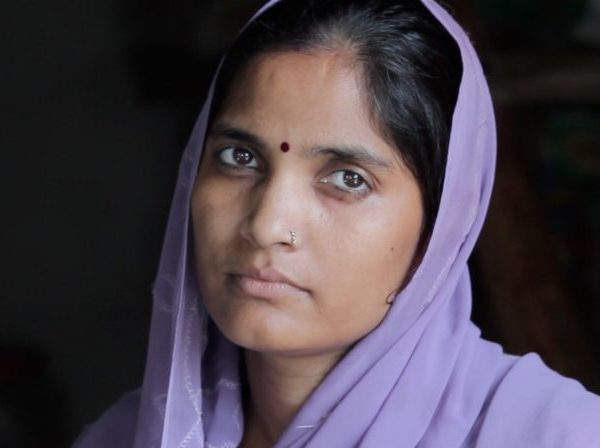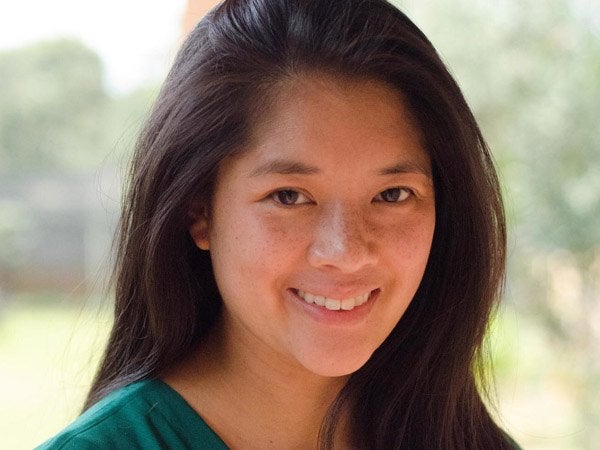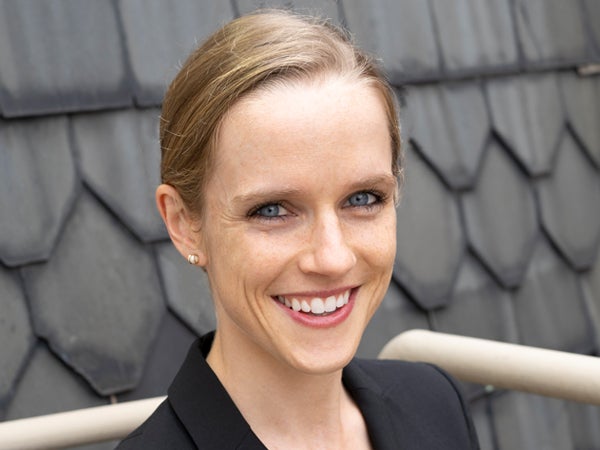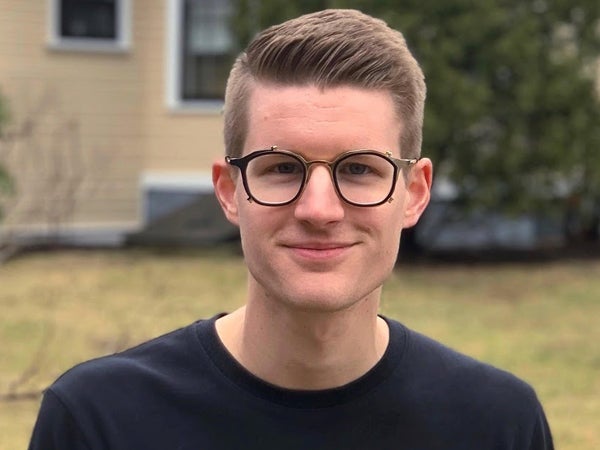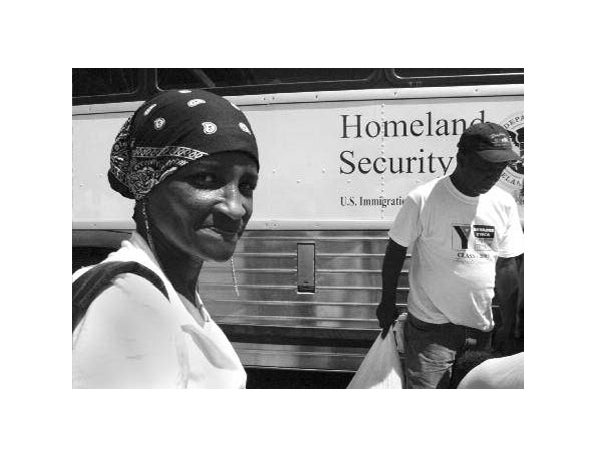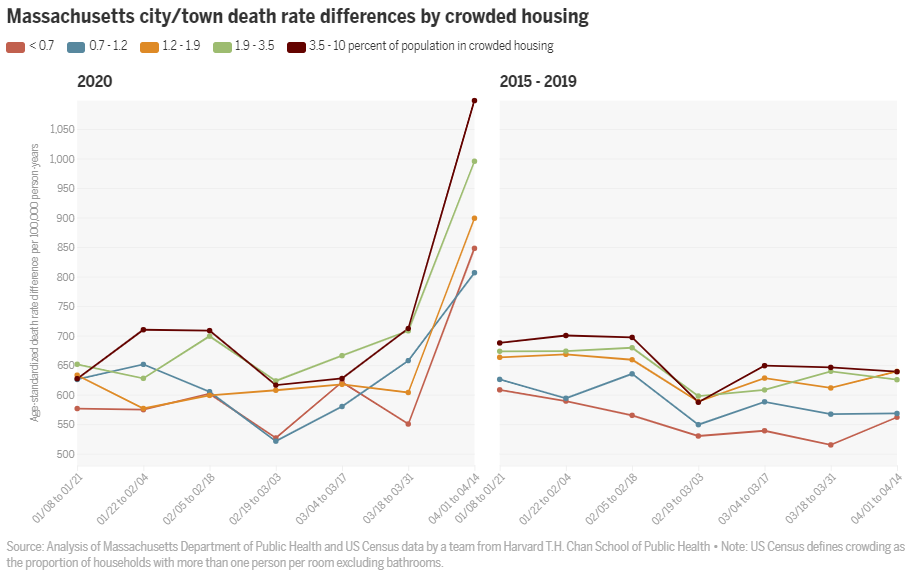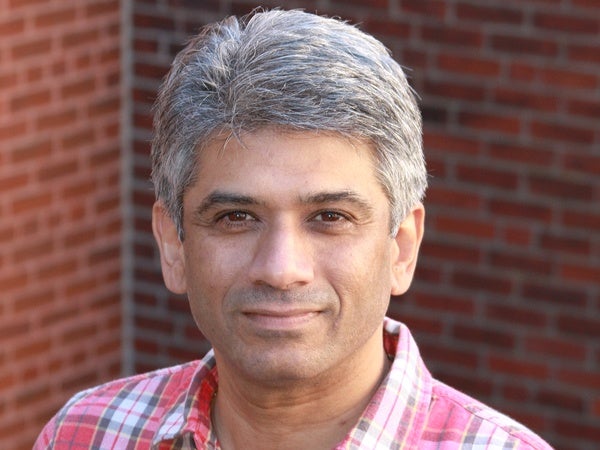This cross-sectional study published in Journal of Diabetes & Metabolic Disorders by faculty member S V Subramanian and his colleagues Shrikant Singh and Parul Puri found that the burden of diabetes among women (ages 35-49) was higher in the southern and eastern parts of India, and was lower in central India. Read more about the study on Hindu.com and in this news post by the Harvard T.H. Chan School of…
Continue reading “Prevalence of diabetes among subset of women in India varies by region”
